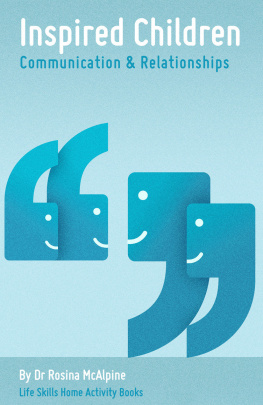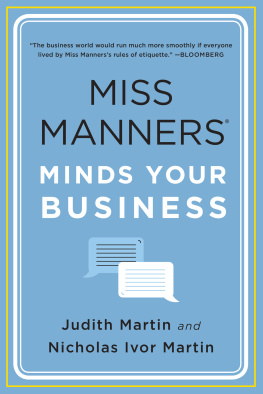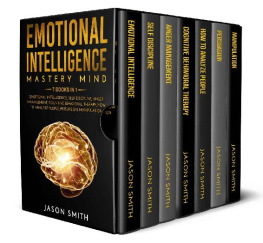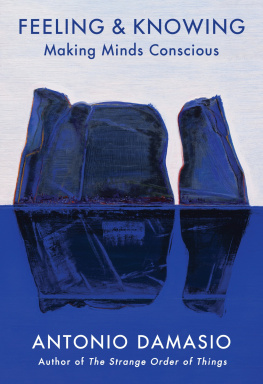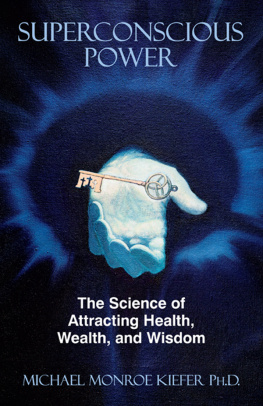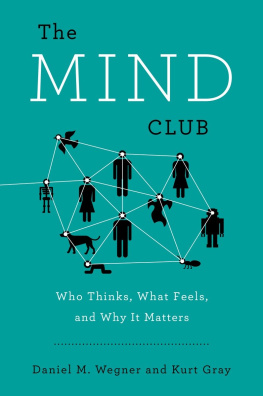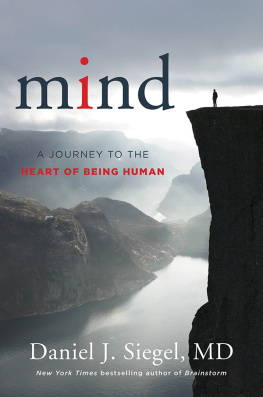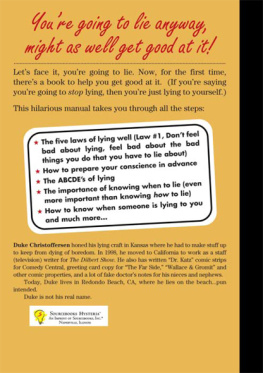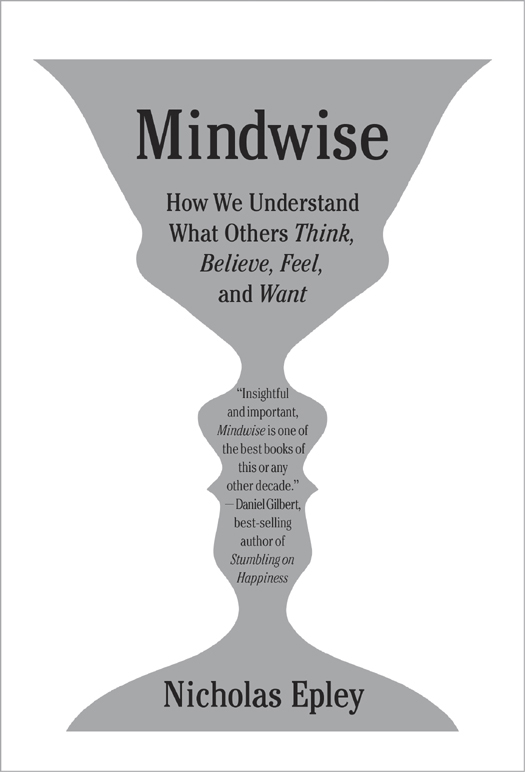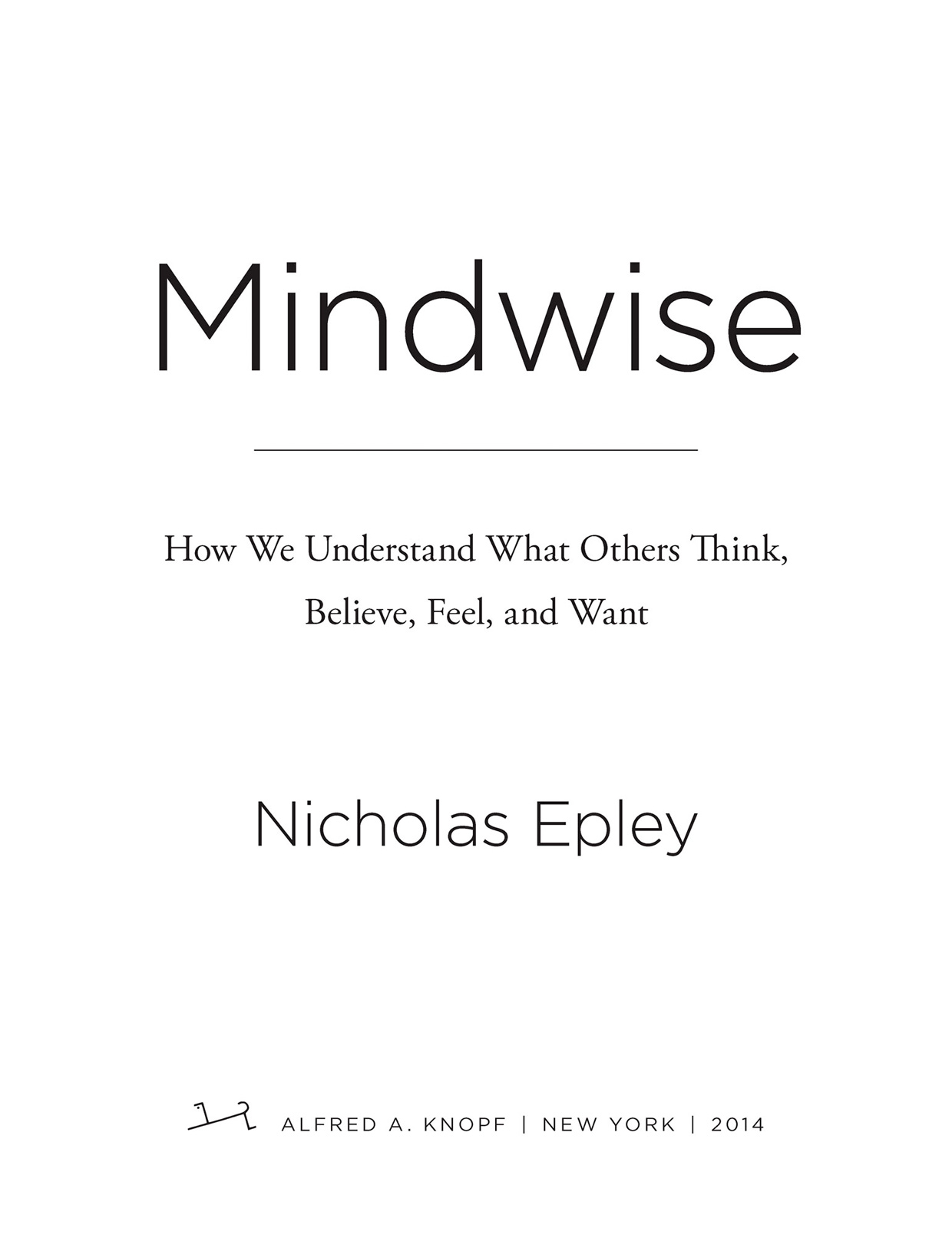THIS IS A BORZOI BOOK
PUBLISHED BY ALFRED A. KNOPF
Copyright 2014 by Nicholas Epley
All rights reserved. Published in the United States by Alfred A. Knopf, a division of Random House LLC, New York, and in Canada by Random House of Canada Limited, Toronto, Penguin Random House Companies.
www.aaknopf.com
Knopf, Borzoi Books, and the colophon are registered trademarks of Random House LLC.
ISBN 978-0-307-59591-1 (hardcover)
ISBN 978-0-385-35167-6 (eBook)
LCCN 2013955835
Cover design by Peter Mendelsund
v3.1
To Jen, the mind Im luckiest to know
CONTENTS
PREFACE
Your Real Sixth Sense
The only true voyage of discovery, the only fountain of Eternal Youth, would be not to visit strange lands but to possess other eyes, to behold the universe through the eyes of another.
M ARCEL P ROUST (1922)
I n the spring of 2011, my wife, Jen, and I were riding in a cramped van with painfully uncomfortable seats in Addis Ababa, Ethiopia. We had just left a courtroom where a judge had awarded us legal custody of two young siblings, now our son and daughter. After we filled out piles of paperwork and waited months to complete our adoption, it all ended very simply. The children are yours, she said.
Our van pulled up to the razor-wired gate that led to the adoption center where our children were living, honked its horn, and waited for the gates to open. My stomach was in knots. I gripped Jens hand as if clinging to a cliff. Our childrens biological father was waiting to meet us on the other side of the gate.
He had traveled more than half a day by foot, rusty bus, and broken-down minivan from a cluster of mud-built homes in rural Ethiopia to appear in court that morning. He needed to confirm, in front of the judge, that he had lost his wife to disease and could no longer care for his children. Our new son and daughter were so malnourished that they were at only the second percentile on the World Health Organizations growth charts, below what is presumed necessary to live. Their young lives had been excruciating in the ways that only crushing poverty can produce.
My mind raced as the van stopped. What will he think of us? Will he be happy or sad to see us? Does he want to meet us or was he forced to? Is he filled with regret or relief, pain or hope, or some complicated mix of all of the above? Is he keeping some horrible secret about them from us? What is it like to have decided to walk your own two children to an orphanage and let them go?
Jen and I already had two biological children of our own, ages five and ten at the time. I knew what it was like to be a father. I knew how it felt to rock your child to sleep, to hear their first I love you, to burst with pride for their Little League home runs, to be certain youd give your life to save theirs. I knew nothing about the kind of desperation that would lead me to walk, hand in hand, with my children to an orphanage and give them away. I deeply wanted to understand, to know, to see the world through this mans eyes so that I could someday explain it to our children, but his mind was a complete mystery to me. I had no sense of what it was like to be in his shoes.
Stepping out of the van and into the main office, we found two men sitting anxiously in worn-out chairs, wearing ill-fitting suit coats over their mud-stained T-shirts and torn jeans. One man glanced up at me. Almost instantly, tears started running down his face. I was startled by the incongruity of a hard-looking farmer sobbing. He stood, walked over, and wrapped his arms around me. We hugged tightly, almost desperately, with both of us now in tears for several long minutes. It felt like the longest embrace Id ever received. He just wouldnt let go.
Behind that embrace was a lifetimes worth of information, of understanding into our childrens pasts and his hopes for their future, of his beliefs about what was happening and his deepest feelings toward it. Behind that embrace was the mind of a man I so deeply wanted to understand, one I held so physically close in my arms, but whose mind will always remain out of reach.
YOU, MIND READER
That morning I experienced just how difficult it was to see the world through the eyes of another, to truly understand the mind of someone else. That moment was a deeply personal example of a scientific lesson I have been learning over the past two decades in my research as a psychologist, except that the scientific lesson is that we can have the very same difficulties understanding nearly everyone in our lives, from our coworkers and neighbors to our friends and family. Even your spouse is more mysterious than you would guess. Arguably, your brains greatest skill is its ability to think about the minds of others in order to understand them better. I am going to tell you what research reveals about how that ability works, how it makes mistakes that lead to misunderstanding and conflict, and how to become wiser about the minds of others.
I am going to tell you about mind reading, but not the kind you normally associate with this term. I am not going to tell you about magic tricks that will allow you to astonish your friends at your next party. Nor am I going to tell you about telepathy, clairvoyance, or any kind of extrasensory power that creates a psychic connection with anyone. Instead, I am going to tell you about the kind of mind reading you do intuitively every day of your life, dozens of times a day, when you infer what others are thinking, feeling, wanting, or intending. The kind that enables you to build and maintain the intimate relationships that make life worth living, to maintain a desired reputation in the eyes of others, to work effectively in teams, and to outwit and outlast your competitors. The kind that forms the foundation of all social interaction, creating the web of presumptions and assumptions that enables large societies to function effectively. The kind Ill be describing as your real sixth sense.
Like any sense, this one can be stretched beyond its obvious limits, as it was when Jen and I met our childrens biological father. When others experiences are so different, their cultures so foreign, or their history so unknown, our sixth sense clearly fails us. But these humbling experiences are relatively rare for most of us. Far more often, our ability to reason about the minds of others operates so quickly and easily that we hardly even notice were using it, or even pause to consider that our assumptions about the minds of others might be wrong.
Your sixth sense is running in high gear nearly all of the time, from the moment you get up in the morning and dress to impress to when you lie awake at night wondering whether others find you intelligent or not, trustworthy or not, or really love you or not. During the day in between, you easily recognize that your employees are clueless, but are sure your boss thinks youre brilliant. You sense that your coworker is lying when he calls in sick but are confident that your clients are honest when they claim to love your work. Walking home from the office, you notice the homeless person at the end of your block and you


